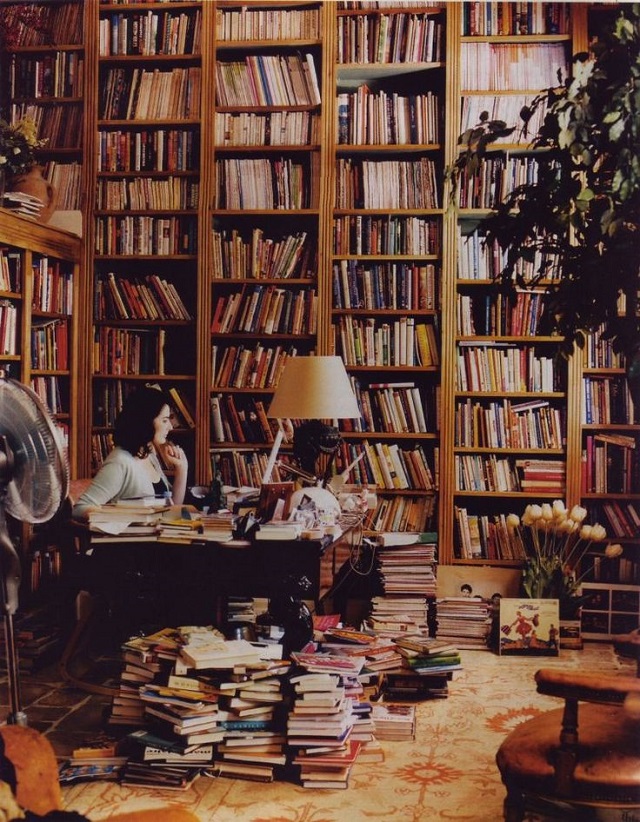May the fourth be with you!
Alright, that may not be the most original statement to say on this particular date. (And if you’re reading this on a different day, please just play along!)
But it is a great way to start an article that has absolutely nothing to do with Star Wars, and everything to do with 15 amazing authors that changed the course of the world of literature and helped shape our modern society. Right? Right.
1. May 3, 1849: Jacob Riis
Journalist, photographer, social reformer and author of How the Other Half Lives, a chronicle about the harsh realities of those living in the lower class of the United States during the late 1800’s. Do check out his photos, the man really had a gift.
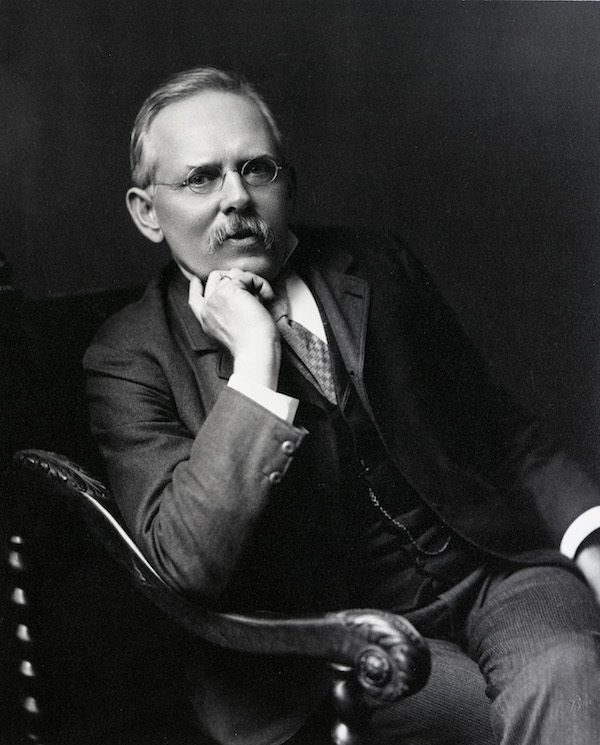
Source: Behind the Scenes
2. May 9, 1860: Sir James Matthew Barrie
The brilliant author of Peter Pan, My Lady Nicotine, A Window in Thrums, and The Little White Bird, among others.
Fun fact: He was such a nice fellow, he actually gave the rights of Peter Pan to a children’s hospital in London as part of his will.
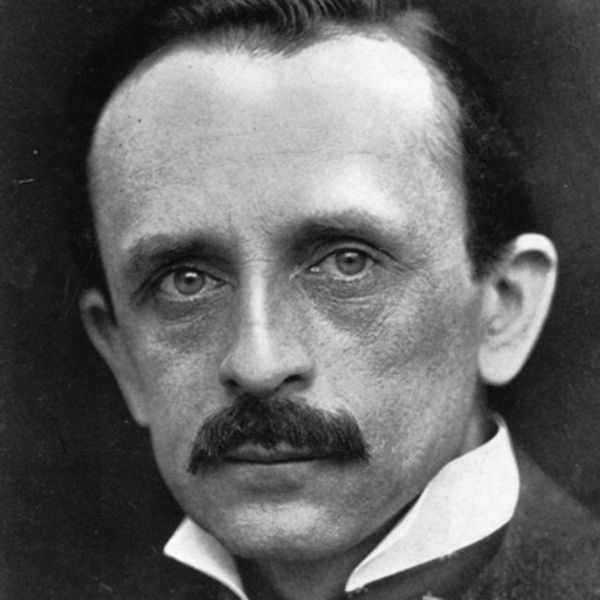
Source: Playbuzz
3. May 10, 1936: Jayne Cortez
Founder of her own publishing company and the Watts Repertory Company, Cortez is recognized for her unique tendency of incorporating jazz elements into her poetry about social injustices and racial oppression.
Some of her poetry collections include: Somewhere in Advance of Nowhere and Mouth on Paper.
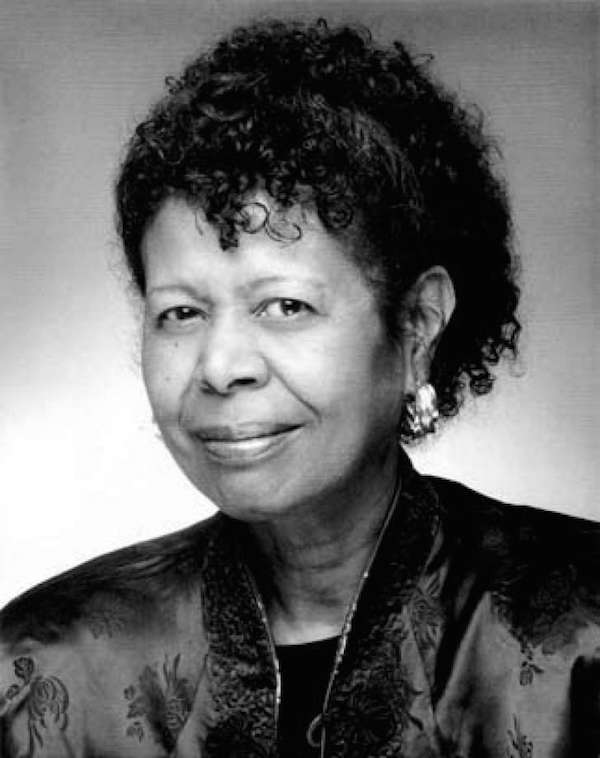
Source: SF Gate
4. May 13, 1907: Dame Daphne du Maurier
When her strongest works are an excellent balance of suspense, romance, and a supernatural element, it is no wonder her two best known works were adapted into films by thriller director, Alfred Hitchcock.
Before you see the movie adaptations, I highly recommend reading Rebecca and The Birds. You won’t regret it, unless you have ornithophobia. In which case, ignore the second recommendation and avoid both the movie and the book like the plague.
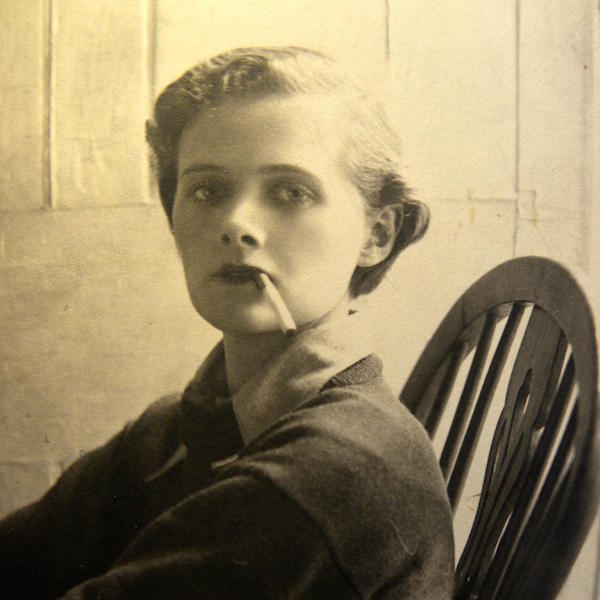
Source: Her Campus
5. May 16, 1929: Adrienne Rich
Although she started off with a gentle writing voice, Rich quickly made her way into a more confrontational tone as she tackled topics such as the Vietnam War, racism, and sexism in her poems.
Her most memorable, award-winning collections: Diving Into the Wreck, The School Among the Ruins, and An Atlas of the Difficult Word:Poems.
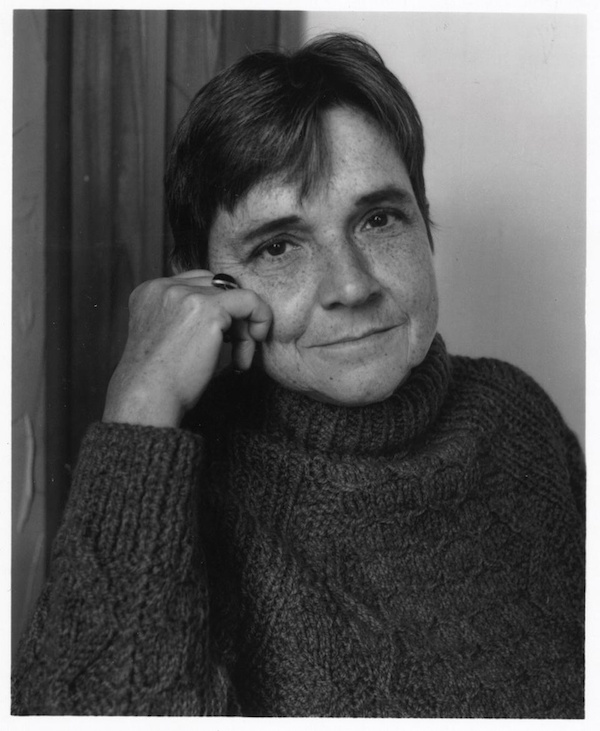
Source: The Harvard Crimson
6. May 17, 1939: Gary Paulsen
Author of more than 175 books, three-time Newbery Honor winner, and considered one of the most important writers of YA literature, Paulsen’s work has definitely made a permanent impact for readers everywhere.
Hatchet, The Winter Room, and Dogsong are some of the several novels worth mentioning.
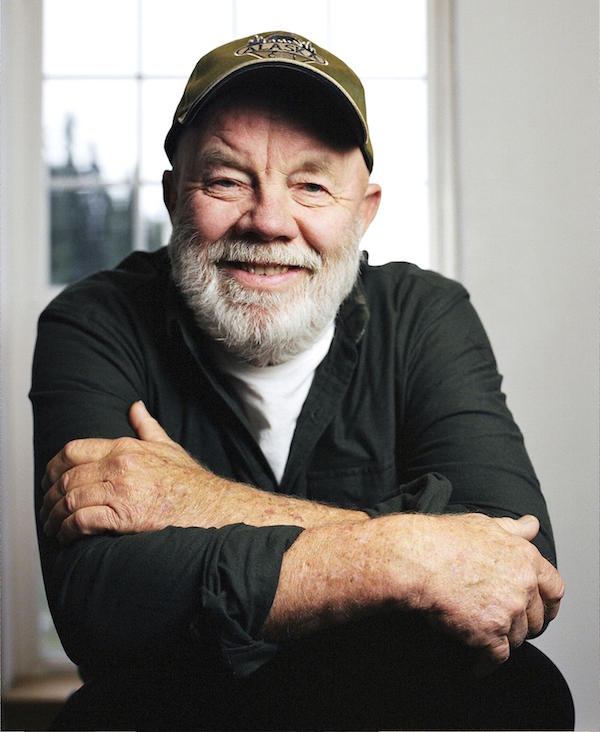
Source: DeQueen Leopards
7. May 19, 1941: Nora Ephron
The writer behind screenplays for films such as When Harry Met Sally, Sleepless in Seattle, Silkwood, and Heartburn (first a book, then adapted onto the big screen).
Ephron’s films typically were so successful, she actually received two Academy Award nominations for Best Screenplay.
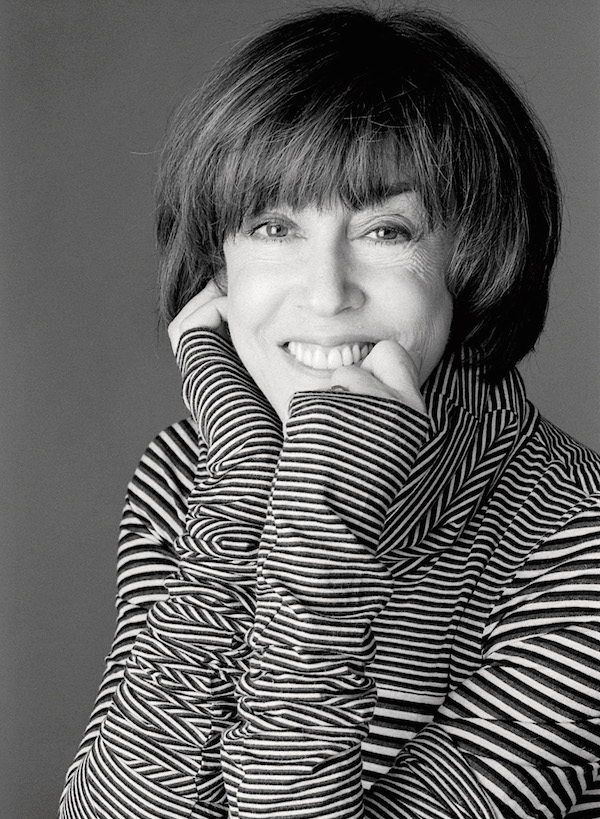
Source: O&M Co.
8. May 21, 1265: Dante Alighieri
Ah, with Alighieri we go way, way back in time. This fellow was the author of one of the most important epic poems in the world of literature, The Divine Comedy, which portrays the three tiers of the Christian afterlife (Purgatorio, Inferno, and Paradiso).
He did have a rather sad story, as he spent his entire life in unrequited love with a young woman named Beatrice. Five years after her sudden death in 1290, he published The New Life/Vita Nuova.
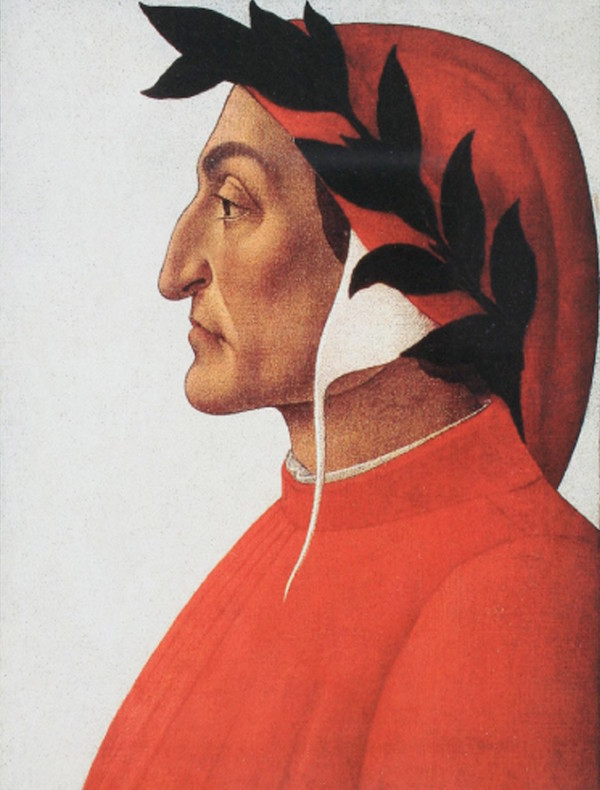
Source: Wikimedia Commons
9. May 22, 1859: Sir Arthur Conan Doyle
Two words: Sherlock Holmes. Specifically, 60 stories about the genius detective and his loyal friend, John Watson.
Aside from bringing to life one of the most iconic pairs in the mystery genre, Sir Arthur Conan Doyle also wrote other stories, including The Mystery of Sasassa Valley, The American’s Tale, and The Captain of the Pole Star.
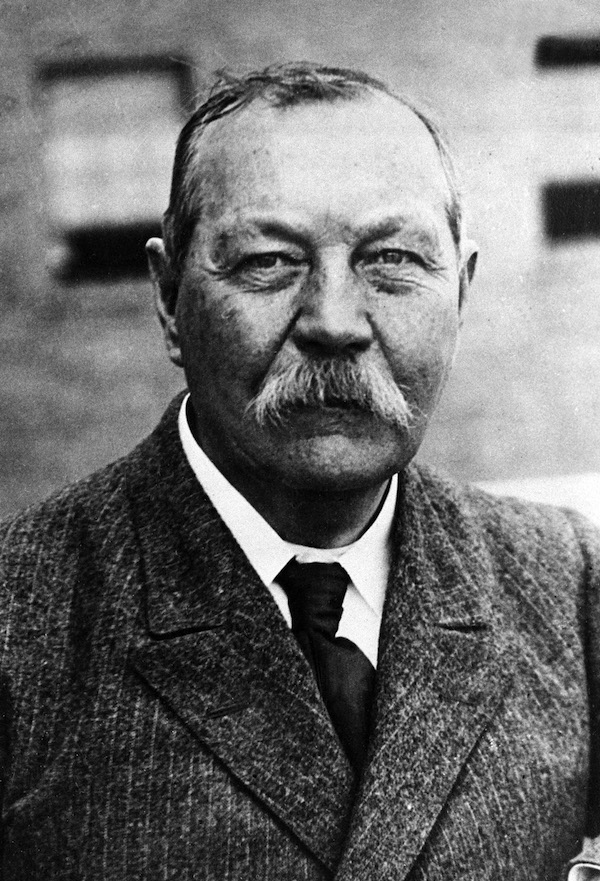
Source: Pinterest
10. May 23, 1910: Margaret Wise Brown
Do titles such as Goodnight Moon or The Runaway Bunny ring a bell? If so, you have this children’s book author to thank.
Sometimes using pen names (Timothy Hay, Golden MacDonald, and Juniper Sage), her stories eventually turned into classics.
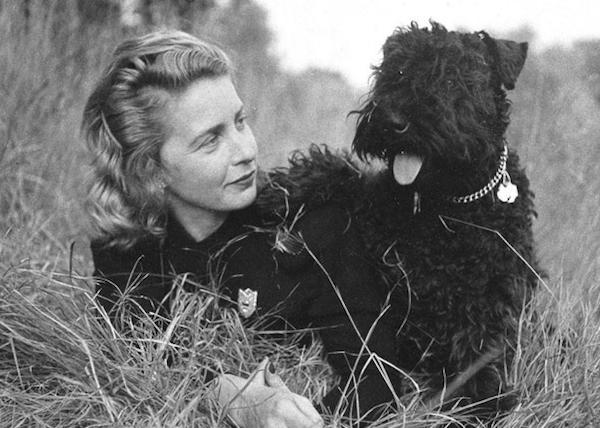
Source: Slate
11. May 25, 1803: Ralph Waldo Emerson
You might see his quotes in several parts of social media, but may not quite know what the man wrote about.
For one, he was a firm abolitionist who advocated his beliefs across the country. Writing-wise, his essays (Self-Reliance, Friendship, and Experience) along with a poetry collection called Parnassus were widely acclaimed.
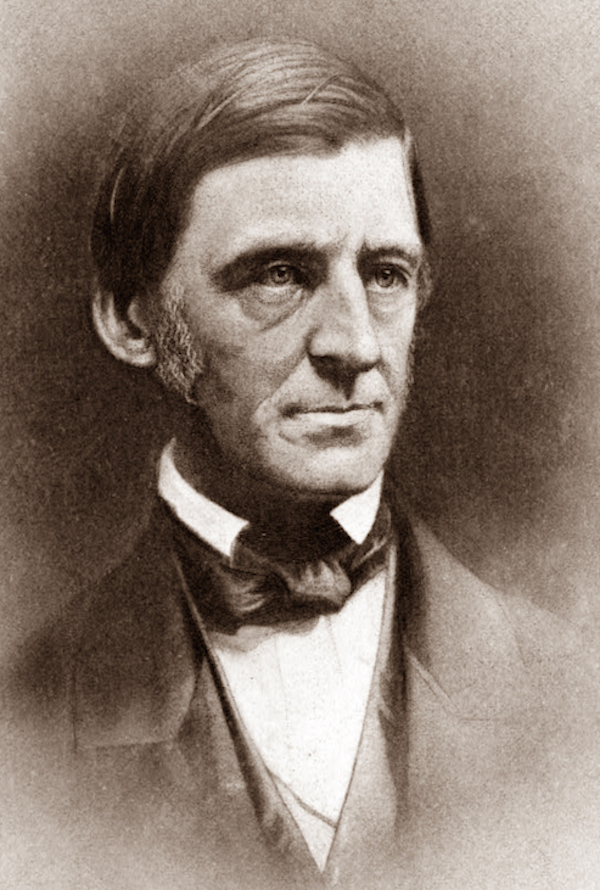
Source: Shenandoah
12. May 28, 1908: Ian Fleming
The name is Bond. James Bond.
Not many may know that 007’s missions were first a series of novels before being adapted into films. Fleming himself worked for the British Naval Intelligence, where he became savvy on the ways of espionage that later influenced his writing.
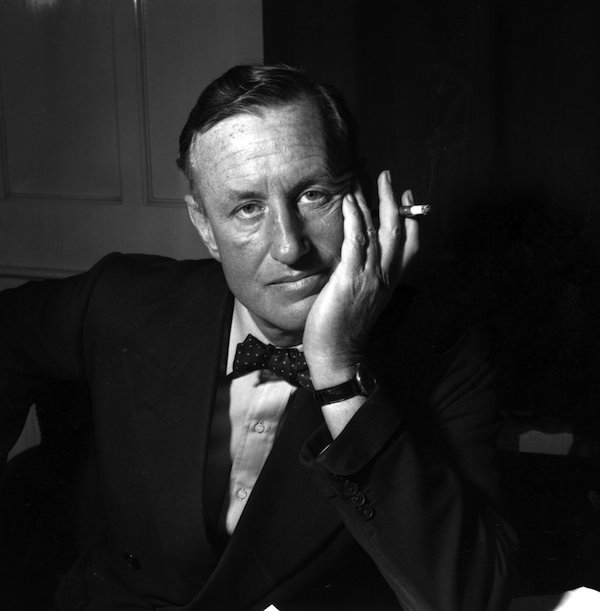
Source: Alchetron
13. May 29, 1949: Andrew Clements
With published pieces such as Frindle, No Talking, The Report Card, Big Al, Lost and Found, and many more children’s books part of a neat and alarmingly long Wikipedia list, it is really no wonder how the fellow has won about 20 awards (without counting 18 more nominations).
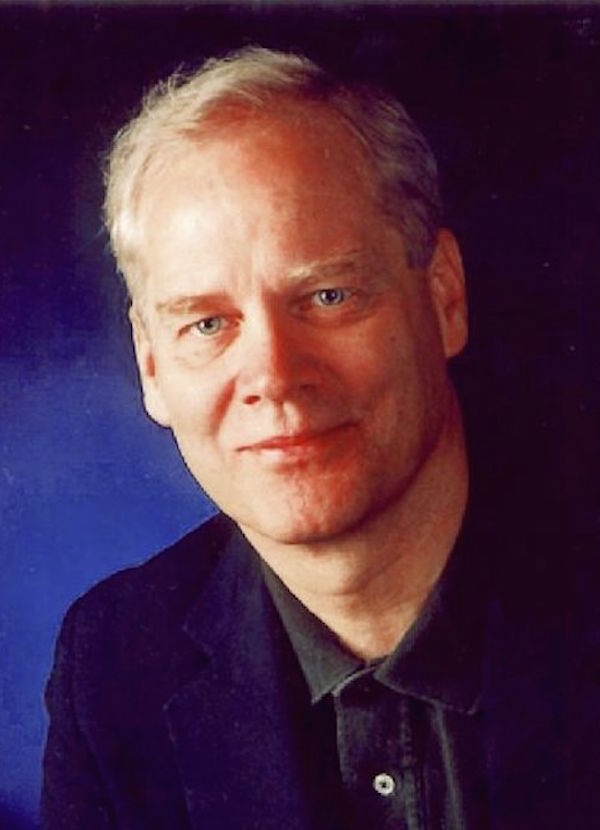
Source: Wikimedia Commons
14. May 30, 1930: Juan Gelman
Gelman was an Argentinian poet known for his leftist political activism (he was repeatedly arrested in his participation to overthrow the military government in Argentina, and was later exiled from the country).
A chunk of his poems were translated to English in Unthinkable Tenderness, and his collections about his political life and his exile appear in an earlier publication called Anunciaciones/Annunciations.
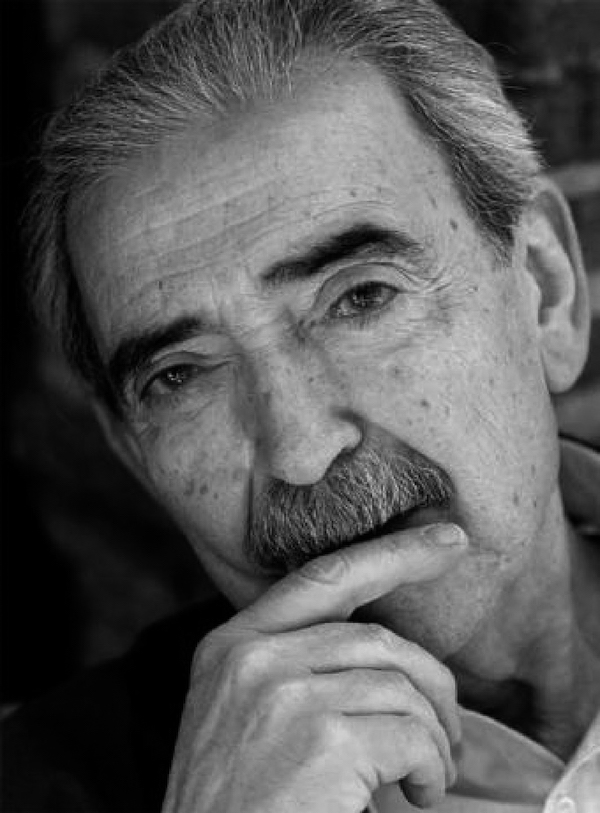
Source: El tornillo que te falta
15. May 31, 1893: Elizabeth Coatsworth
With more than 90 publications, Coatsworth lived a rather productive life as a writer. Children loved her stories, and grown-ups could not help but relate to her words.
Two of her most notable publications are said to be The Cat Who Went to Heaven and Here I Stay.
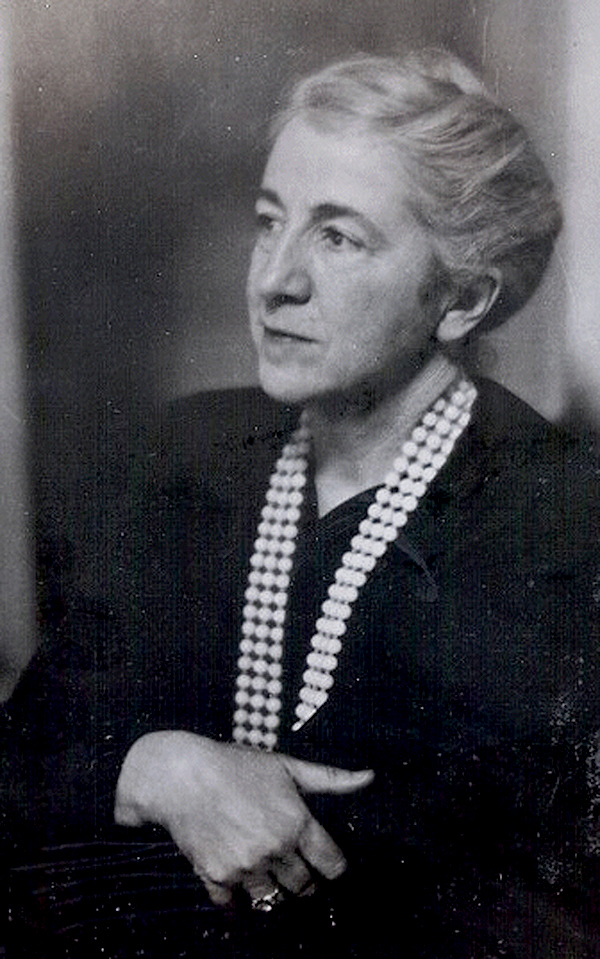
Source: University of New England
Which author do you share a birthday with? Which ones would you like mentioned next year, or do you look for in the upcoming months? Do tell!
YouTube Channel: Oxford Digital Media
Featured image via Pixabay


